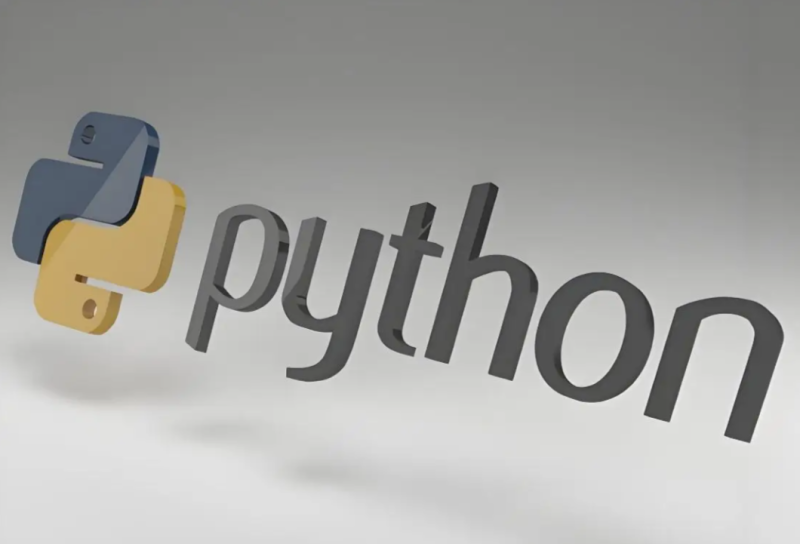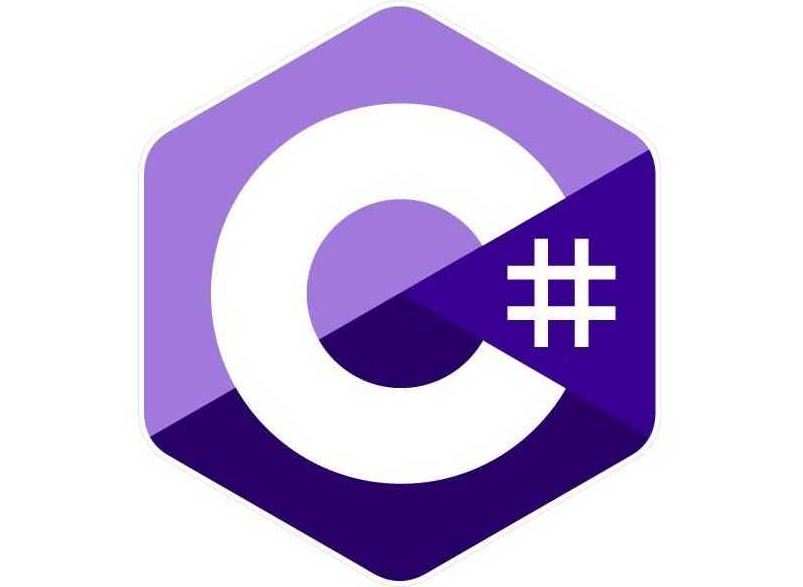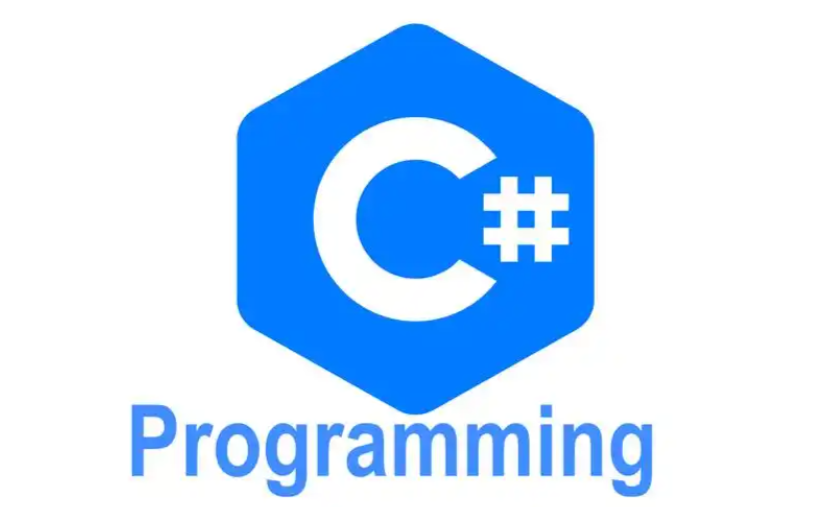在 C 和 C++ 编程中,预处理器(Preprocessor)是一种在编译之前对源代码进行处理的程序。预处理器指令以 # 符号开头,不参与程序的执行,而是用于指导编译器在编译之前进行特定的文本替换、条件编译等操作。以下是常见的预处理器指令及其用法详解:
![图片[1]_深入解析 C/C++ 预处理器指令及其应用_知途无界](https://zhituwujie.com/wp-content/uploads/2024/11/d2b5ca33bd20241115094507.png)
1. #include
用于包含(插入)另一个文件的内容到当前位置。
#include <stdio.h> // 包含标准库头文件
#include "myheader.h" // 包含用户定义的头文件2. #define
用于定义宏,可以是常量或宏函数(宏展开)。
#define PI 3.14159 // 定义常量
#define SQUARE(x) ((x) * (x)) // 定义宏函数3. #undef
用于取消(撤销)先前用 #define 定义的宏。
#define MAX 100
#undef MAX // 取消 MAX 的定义4. #ifdef, #ifndef, #if, #elif, #else, #endif
用于条件编译。
#define VERSION 2
#if VERSION == 1
// 编译 VERSION 为 1 时的代码
#elif VERSION == 2
// 编译 VERSION 为 2 时的代码
#else
// 编译 VERSION 不为 1 或 2 时的代码
#endif
#ifndef DEBUG // 如果没有定义 DEBUG
// 编译非调试版本的代码
#else
// 编译调试版本的代码
#endif5. #line
用于改变当前行号和文件名,主要用于错误信息的输出。
#line 100 "newfile.c" // 改变当前行号为 100,文件名为 newfile.c6. #error
用于生成编译错误,停止编译过程。
#if VERSION < 1
#error "VERSION must be at least 1"
#endif7. #pragma
用于提供编译器特定的指令,不同的编译器可能有不同的实现。
#pragma pack(push, 1) // 设置结构体对齐方式
struct MyStruct {
char a;
int b;
};
#pragma pack(pop) // 恢复默认的对齐方式8. #warning
用于生成编译警告,但允许编译过程继续。
#warning "This is a warning message"9. #once
#pragma once 是非标准的,但广泛支持的预处理指令,用于防止头文件被重复包含。
// myheader.h
#pragma once
// 头文件内容10. # 和 ## 操作符
#:将宏参数转换为一个字符串。##:将两个宏参数连接成一个标识符。
#define STR(x) #x // 字符串化操作
#define CONCAT(a, b) a##b // 连接操作
int main() {
printf("%s\n", STR(hello)); // 输出 "hello"
int CONCAT(var, 123) = 456; // 等价于 int var123 = 456;
return 0;
}11. 预定义的宏
一些预定义的宏,编译器会自动定义,例如:
__LINE__:当前行号。__FILE__:当前文件名。__DATE__:编译日期。__TIME__:编译时间。__STDC__:如果编译器遵循标准 C,则定义为 1。__cplusplus:在 C++ 中定义为 1。
#include <stdio.h>
int main() {
printf("Line: %d, File: %s, Date: %s, Time: %s\n", __LINE__, __FILE__, __DATE__, __TIME__);
return 0;
}预处理器指令在 C/C++ 编程中非常有用,它们能够极大地提高代码的可读性、可维护性和可移植性。理解这些指令及其用法是成为一名高效 C/C++ 程序员的重要一步。
© 版权声明
文中内容均来源于公开资料,受限于信息的时效性和复杂性,可能存在误差或遗漏。我们已尽力确保内容的准确性,但对于因信息变更或错误导致的任何后果,本站不承担任何责任。如需引用本文内容,请注明出处并尊重原作者的版权。
THE END

























暂无评论内容